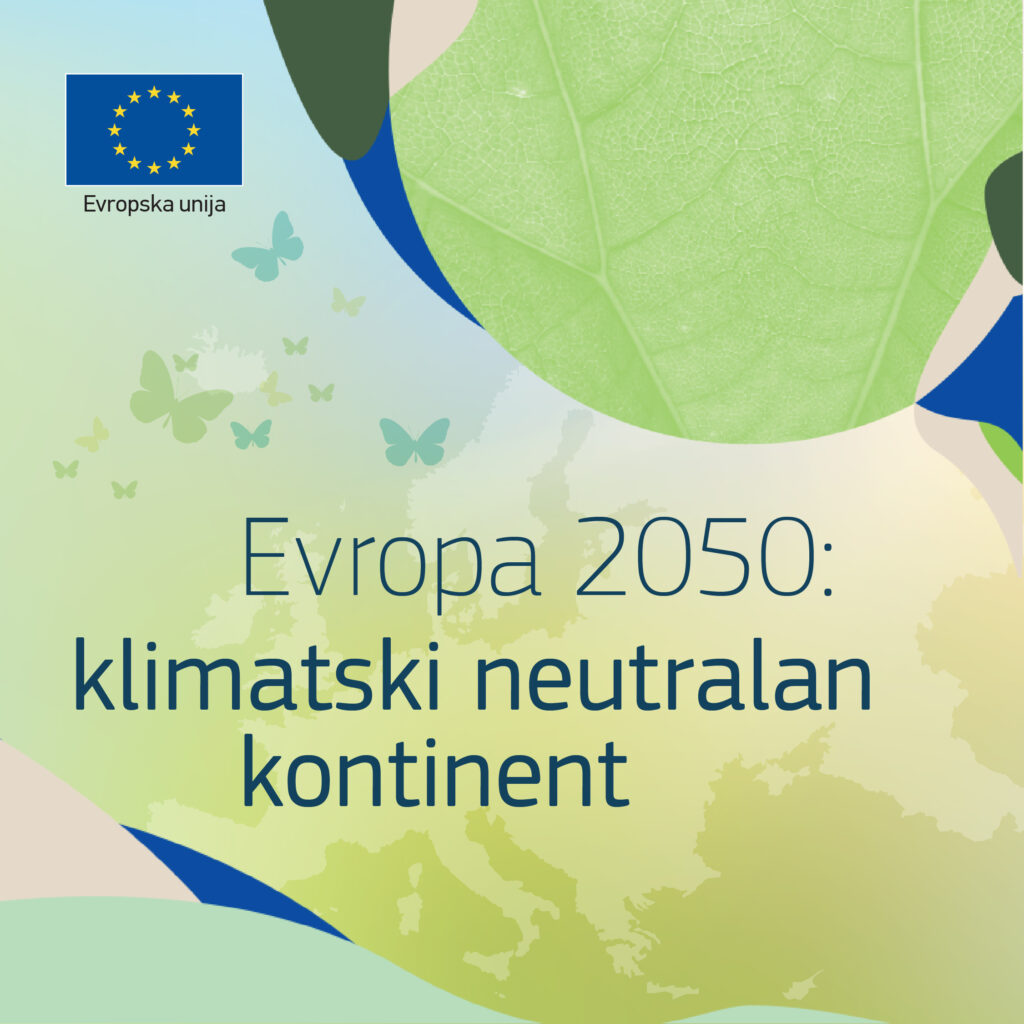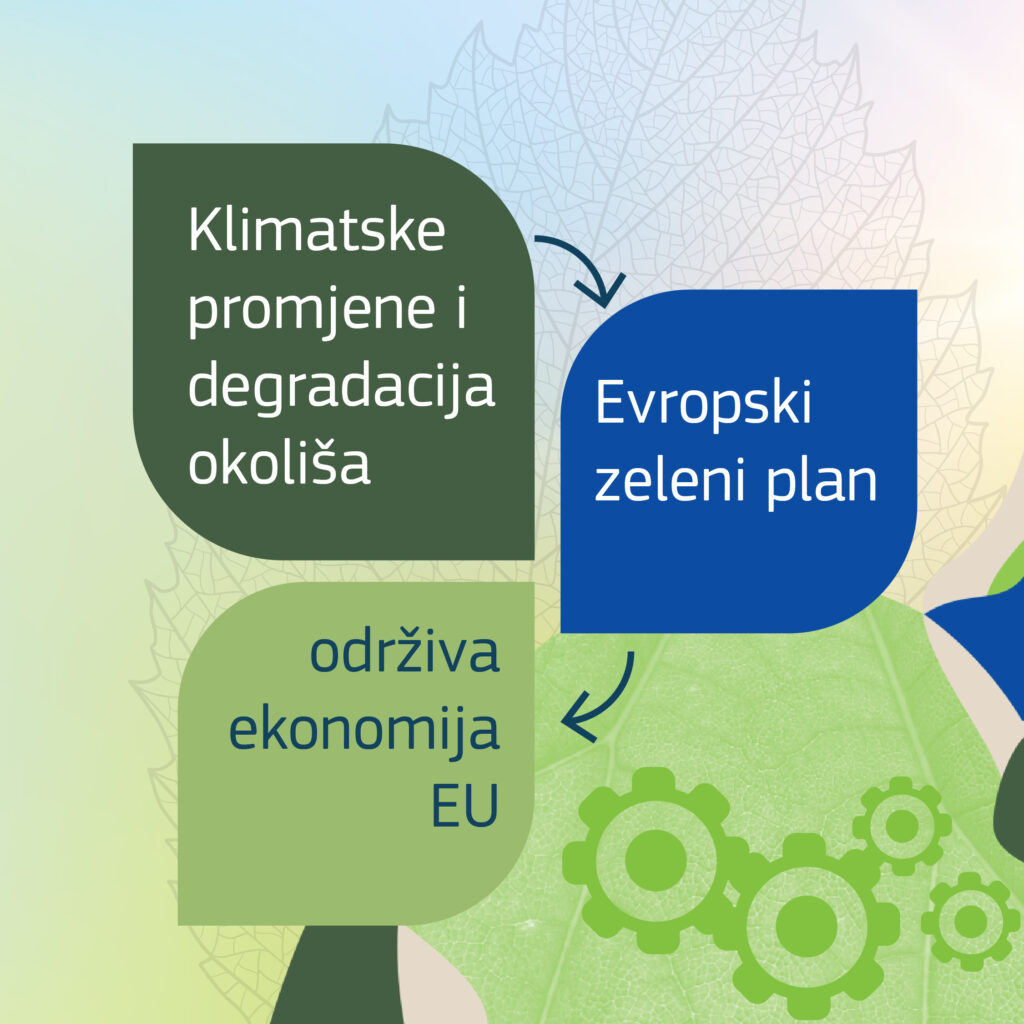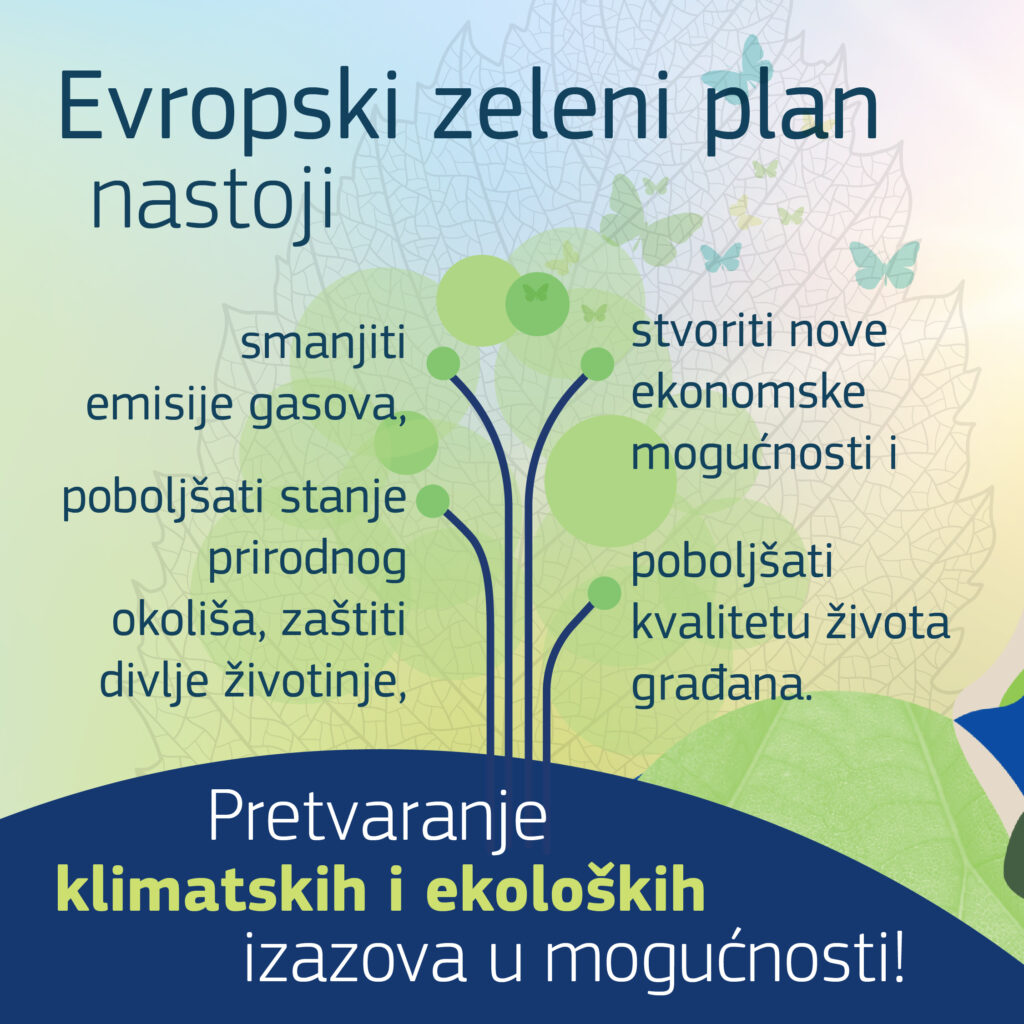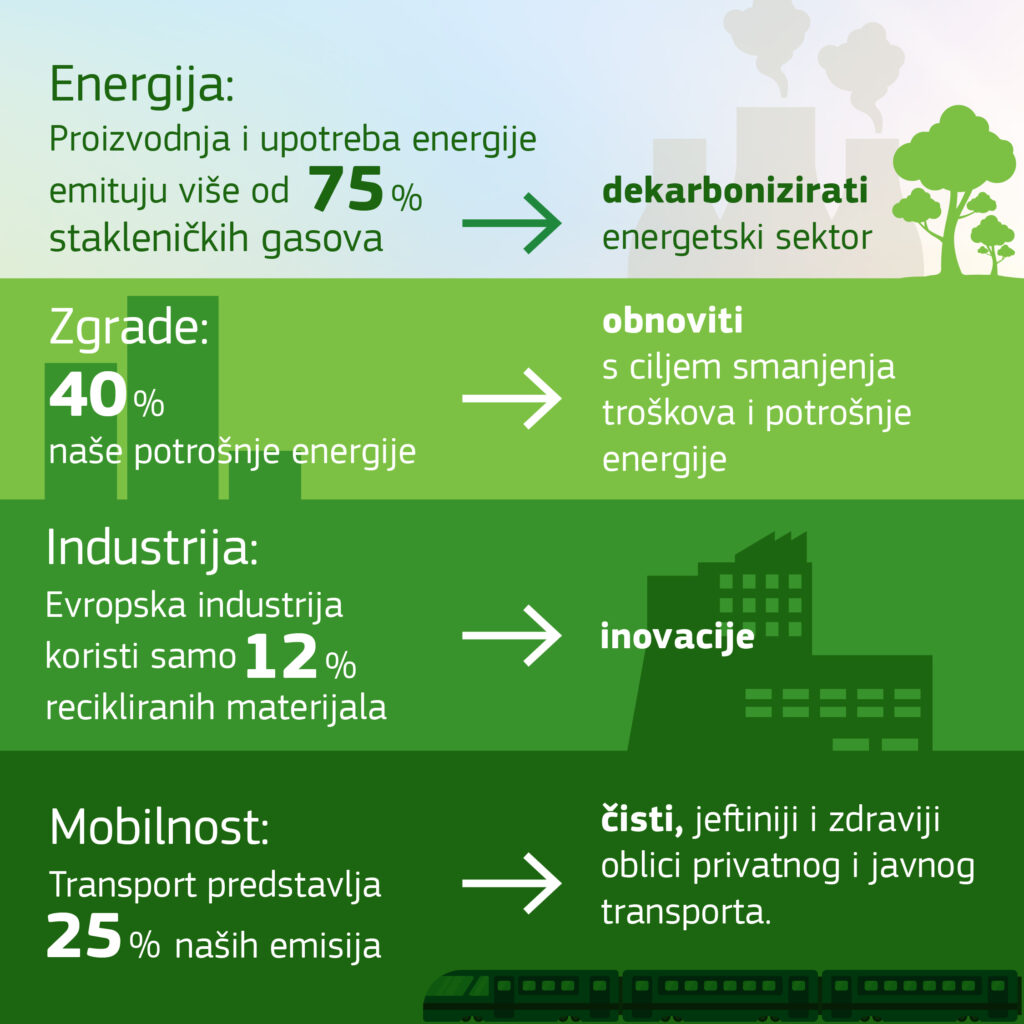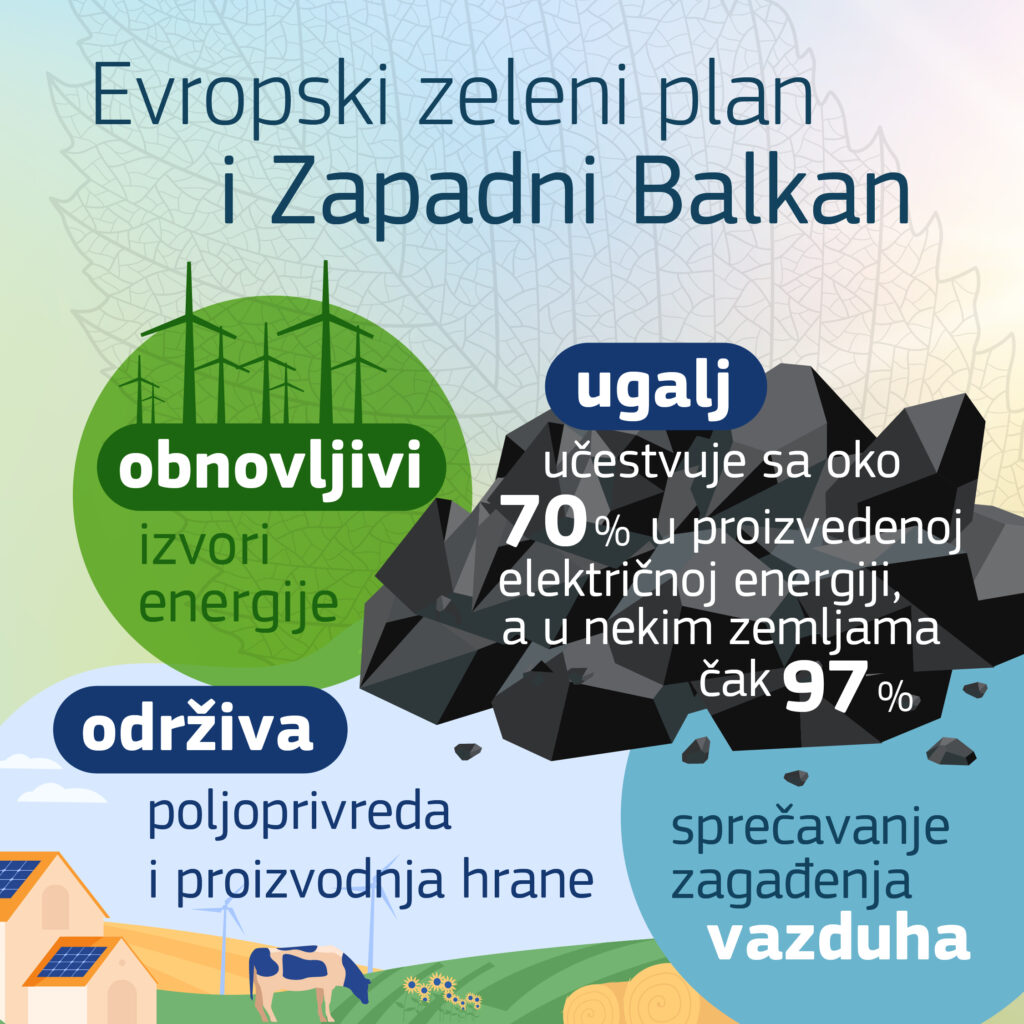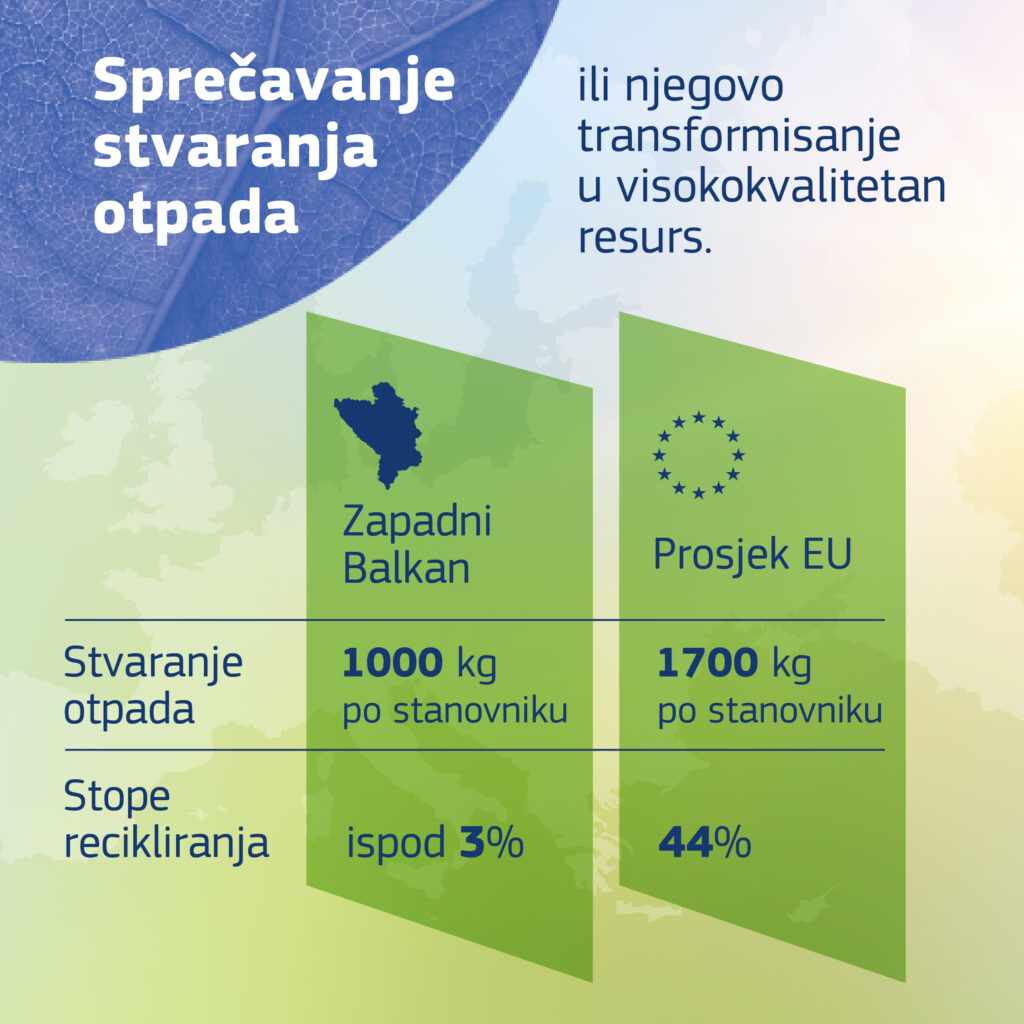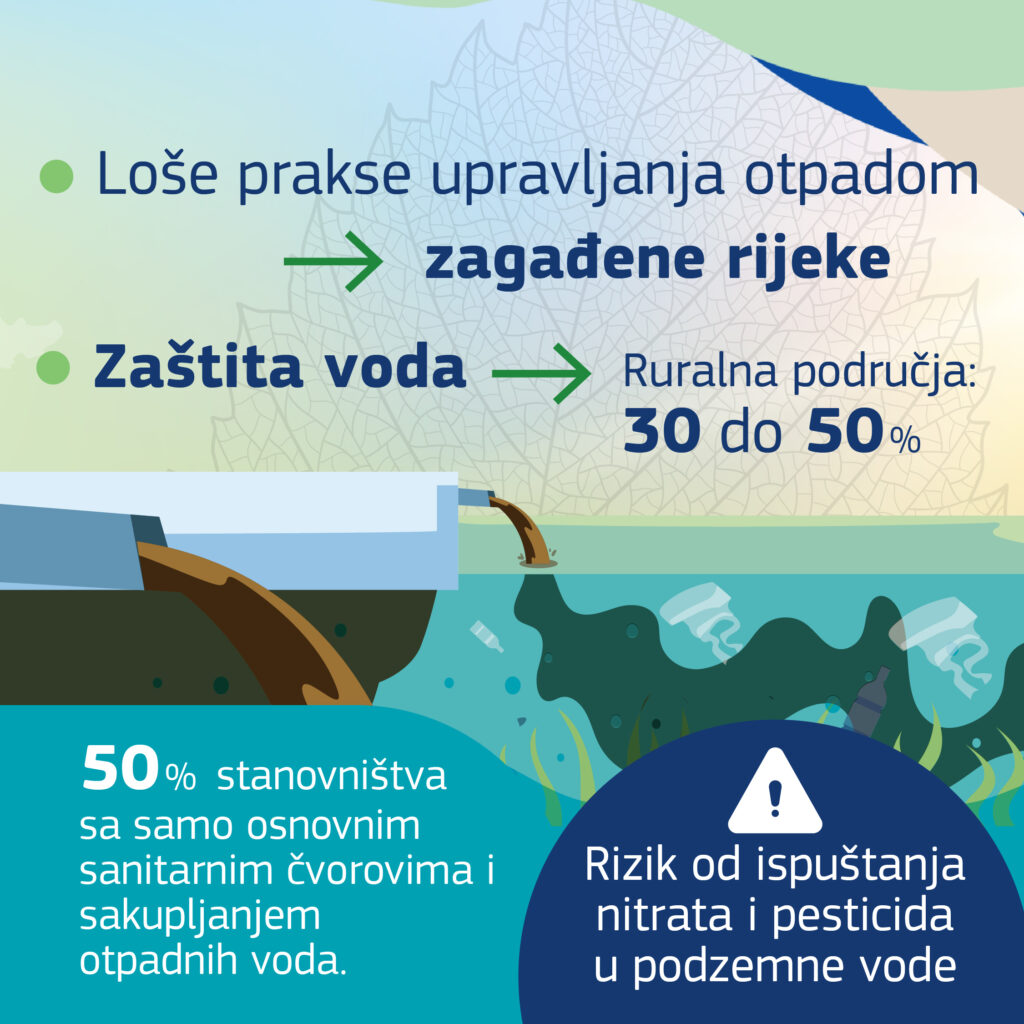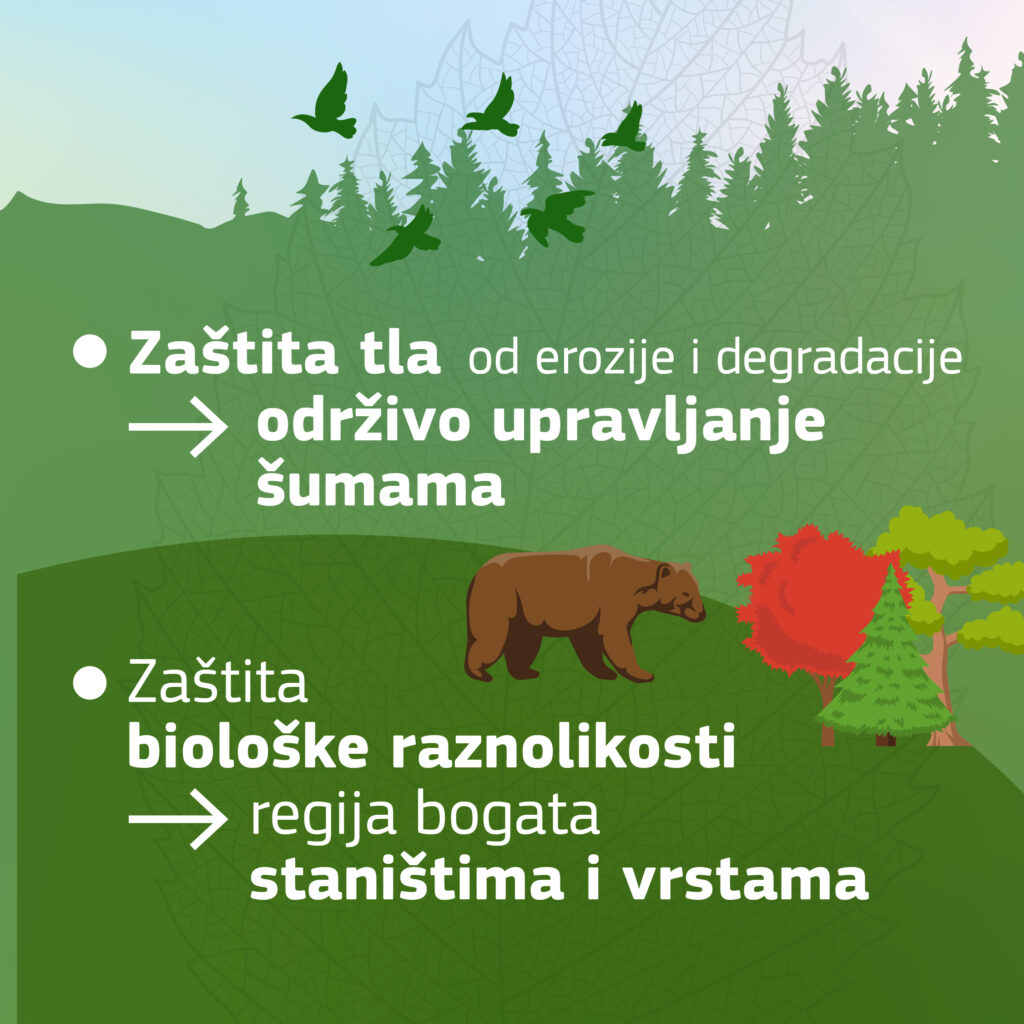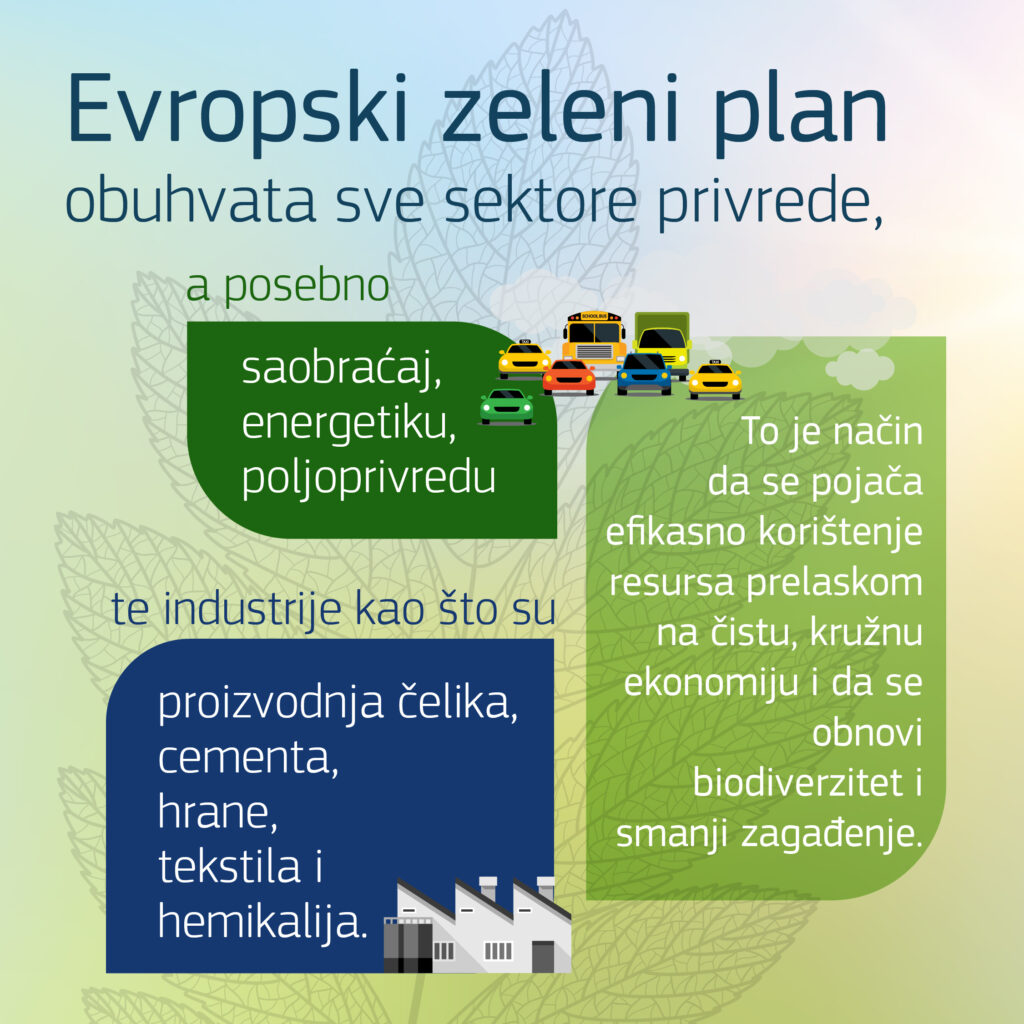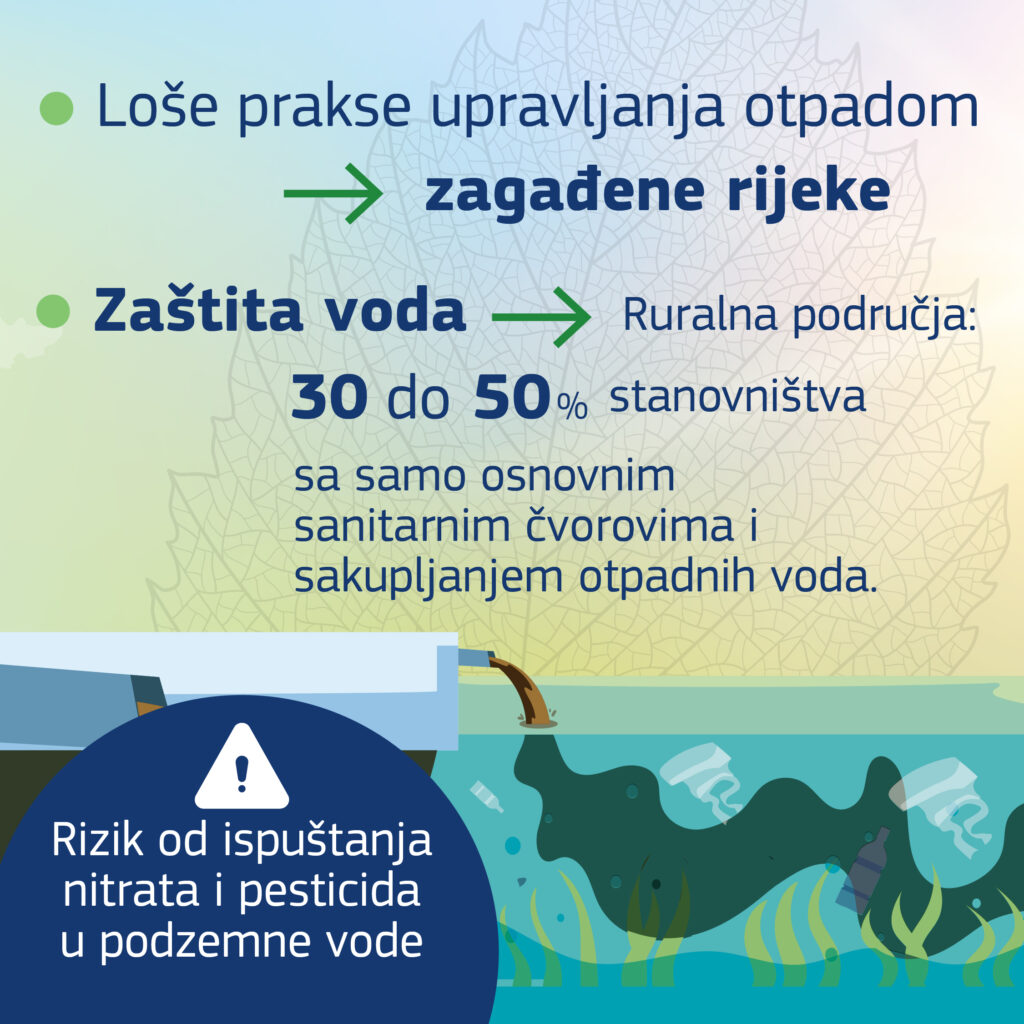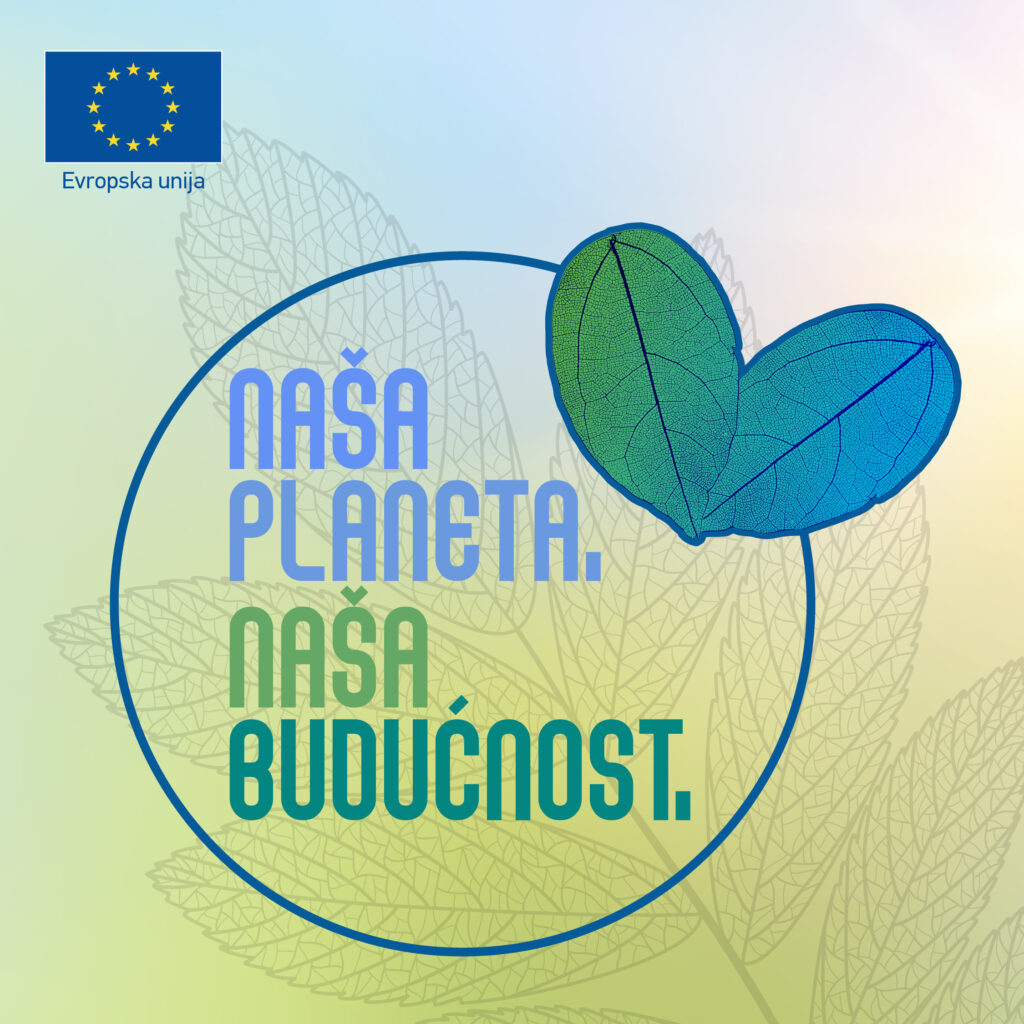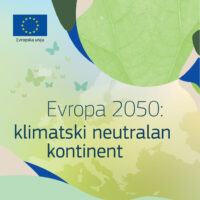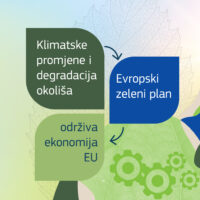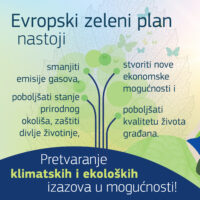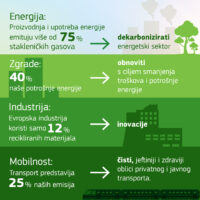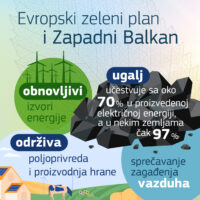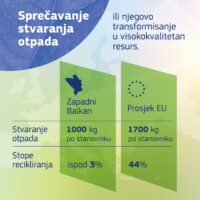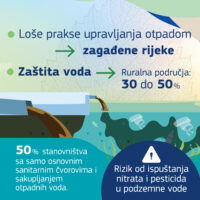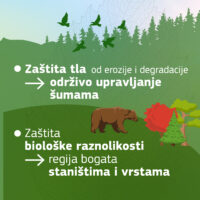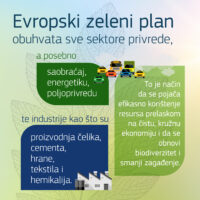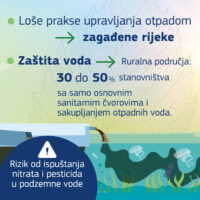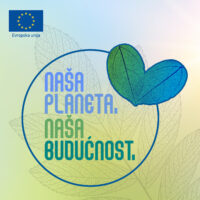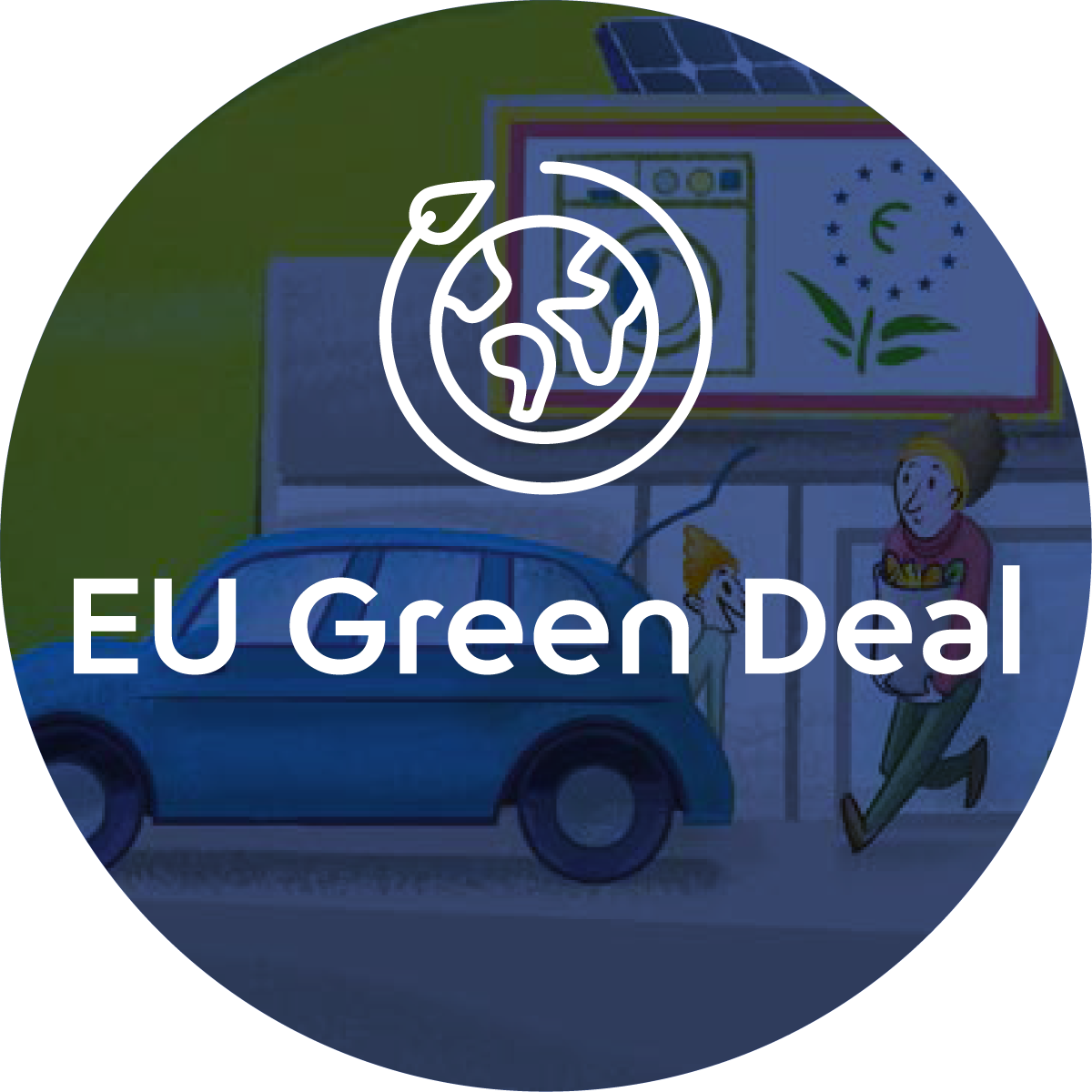
EU Green Deal
The European Green Deal is primarily a strategy for achieving a sustainable economy in the European Union by transforming climate and environmental challenges into opportunities in all policy areas and ensuring a fair and inclusive transition. According to this plan, Europe should become the first climate-neutral continent by 2050.
In order to achieve this ambitious goal, policies for clean energy supply throughout the economy need to be improved, and the importance of protecting and restoring natural ecosystems, sustainable use of resources and better health of citizens needs to be emphasised. The European Green Deal covers all economic sectors, especially transport, energy, agriculture, maintenance and construction of buildings, and industries such as steel, cement, textiles and chemicals.
In 2020, the European Union presented the Biodiversity Strategy to 2030, which sets out the EU’s goals for improving biodiversity and restoring ecosystems, and through which the European Union seeks to set an example for global negotiations on halting biodiversity loss and protecting ecosystems.
The European Union’s Green Deal for the Western Balkans, part of the European Green Deal, was supported by representatives of the countries of the region at a summit in Sofia in November 2020. The Green Deal for the Western Balkans is a new development strategy that supports the transition of traditional economic models to sustainable economies. It is based on the European Union’s Economic and Investment Plan for the Western Balkans, which seeks to encourage the region’s long-term economic recovery and harmonisation with EU practices.
The strategy covers five priority areas: decarbonisation (climate, energy, mobility), the circular economy, reduction of water, air and soil pollution, sustainable food production and rural areas, and protection and recovery of biodiversity.

